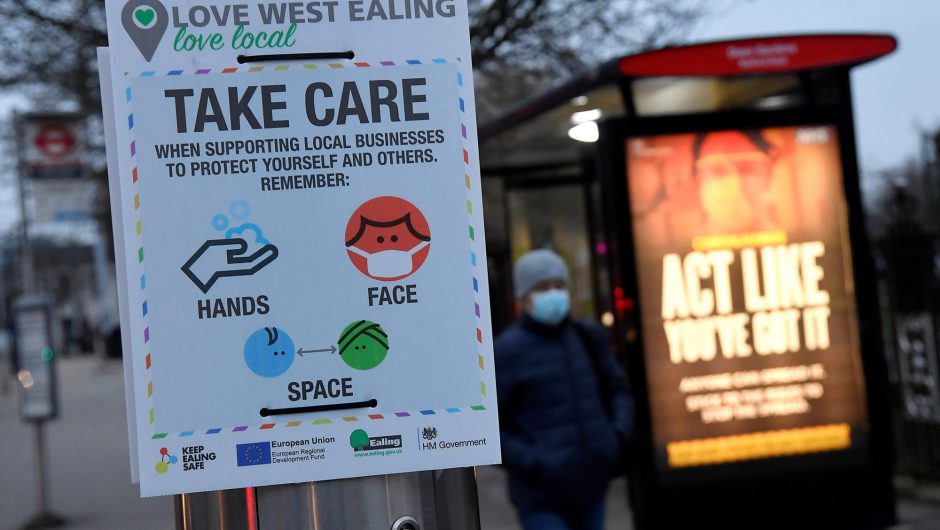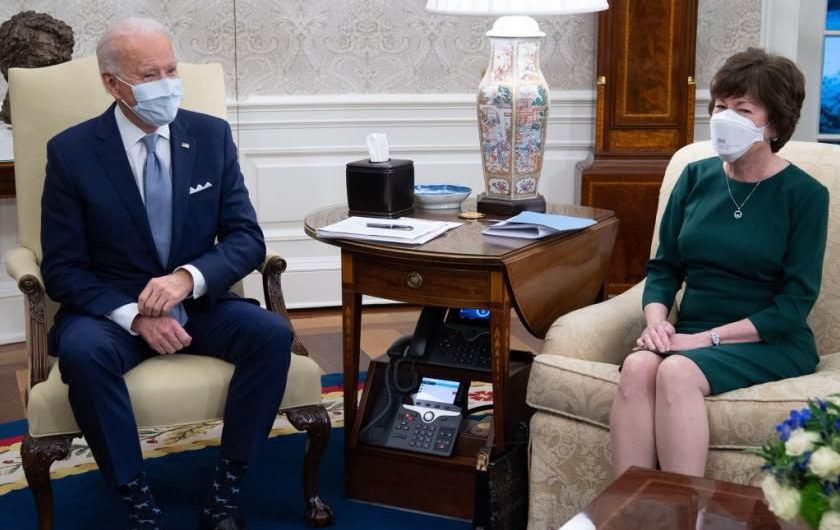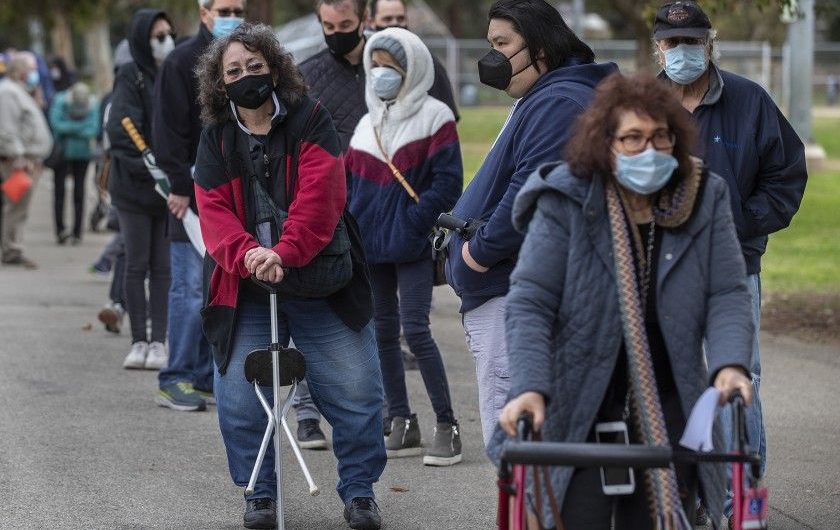[ad_1]
The anti-malaria drug touted by President Trump showed zero benefits for coronavirus patients in a nationwide study — and even caused more deaths among those given the drug versus those given standard care, researchers reported.
Hydroxychloroquine proved to be no better than standard care among more than 300 male patients at Veterans Health Administration medical centers across the nation, according to a report on pre-publication server medRix.
The study — backed by the National Institutes of Health and the University of Virginia — marked the largest of its kind on the controversial drug but has not been reviewed by other scientists.
Researchers looked at the medical records of 368 veterans with confirmed cases of COVID-19 who died or were discharged by April 11.
Around 28% who were treated with hydroxychloroquine along with routine care died, compared to only 11% of those who only received the usual care, researchers said.
In addition, 22% of patients receiving a combination of hydroxychloroquine and the anti-bacterial drug azithromycin died too, the report said.
Hydroxychloroquine also didn’t do anything to help keep patients off ventilators, researchers said.
“Specifically, hydroxychloroquine use with or without co-administration of azithromycin did not improve mortality or reduce the need for mechanical ventilation in hospitalized patients,” researchers wrote.
“On the contrary, hydroxychloroquine use alone was associated with an increased risk of mortality compared to standard care alone.”
The researchers said it wasn’t clear why there was a higher fatality rate among those given the anti-malaria drug, but pointed to a small Brazil study that was nixed after patients experienced heart issues on a similar drug, chloroquine.
However, the study also noted there were limitations since it only focused on men, the majority of whom were black.
Nevertheless, the researchers are now urging medical professionals to use caution in prescribing hydroxychloroquine until more studies are available.
“Until then, the findings from this retrospective study suggest caution in using hydroxychloroquine in hospitalized COVID-19 patients, particularly when not combined with azithromycin,” researchers said.
Coronavirus treatment guidelines issued Tuesday by the National Institutes of Health also said there was not enough data to support recommending some of the most talked-about drug treatments, including hydroxychloroquine and chloroquine.
“If chloroquine or hydroxychloroquine is used, clinicians should monitor the patient for adverse effects,” the group said.
The panel also recommended against the use of the combination of hydroxychloroquine with azithromycin, noting the “potential for toxicities.”
The NIH said the guidelines will be updated as more peer-reviewed studies become available.
With Post wires
[ad_2]
Source link








